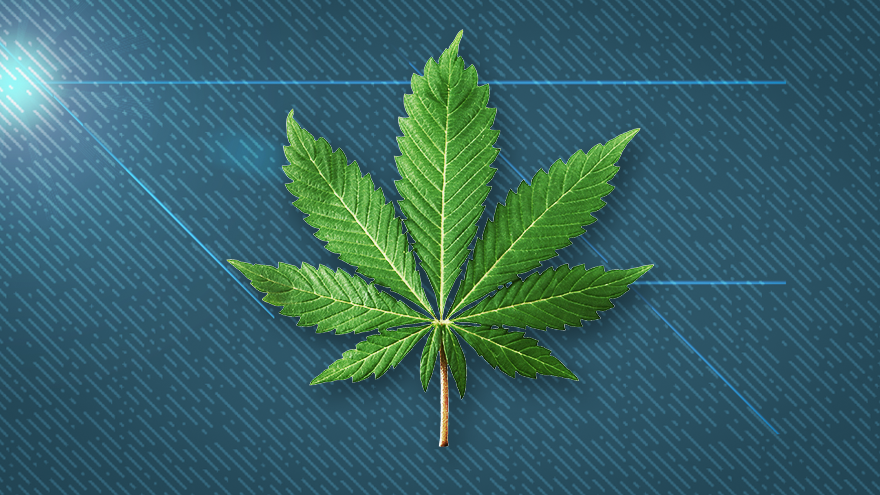The United States Drug Enforcement Administration will reclassify marijuana and remove it from the list of Schedule I substances that are believed to be highly dangerous and addictive.
The reclassification marks the most significant shift in the federal government’s attitude toward the drug in the last five decades.
The agency’s proposal would formally acknowledge the substance’s medical uses but would not fully legalize marijuana for recreational uses. As a Schedule III drug, marijuana could be medicinally prescribed and potentially be more widely researched.
“The definition of a Schedule I drug says it has no health benefits to it, and, so, obviously, there’s been plenty of research that has documented the multitudes of ways that cannabis can be helpful,” said Dr. David Berger told KPAX. “It’s no longer appropriate to say that there’s no medical benefit when there are hundreds if not thousands of medical studies that show the opposite.”
The Department of Health and Human Services recommended marijuana be moved to a lesser drug classification in August. The agency noted the Biden administration had asked Attorney General Merrick Garland and Health Secretary Xavier Becerra to review the classification in 2022.
“We’ve worked to ensure that a scientific evaluation be completed and shared expeditiously,” Becerra said last year.
In 1970, the federal government passed the Controlled Substances Act, which aims to “improve the manufacturing, importation and exportation, distribution, and dispensing of controlled substances.” Drug manufacturers, dispensers and distributors had to register with the DEA, which oversees a “closed system” wherein a drug can be traced from its creation to its distribution to a patient.
“Controlled substances are generally defined as medications that are considered easily abusable. Under the Controlled Substances Act, these medications are categorized into 5 schedules,” notes the National Library of Medicine. “Schedule I medications have the highest abuse potential, while medications in Schedule V have a low abuse potential.”
Schedule III drugs include ketamine and some anabolic steroids. Schedule I drugs include LSD and heroin.
Over the last 50 years, attitudes toward marijuana have shifted dramatically. Recreational marijuana usage is legal in 24 states while medical use is legal in 44 states. Using marijuana is only fully illegal in Idaho, Wyoming, Nebraska, Kansas, South Carolina, and North Carolina.
Marijuana has also been embraced internationally and legalized in South Africa, Thailand, Germany, Mexico, and Canada.
A nationwide survey conducted in 2023 sponsored by the Coalition for Cannabis Rescheduling Reform found that 65% of registered American voters between the ages of 18-25 are in favor of rescheduling cannabis.
“Majorities of Democrats (74% to 7%) and independents (55% to 15%) support rescheduling cannabis,” reported Lake Research Partners, which conducted the survey. “Republicans overall are more divided (41% to 31%), though net supportive, and younger Republicans and Republican women are disproportionately supportive. In Battleground states, 57% of voters support rescheduling and 19% oppose.”
The new DEA proposal must be reviewed by the White House Office of Management and Budget and is subject to a public comment period.

